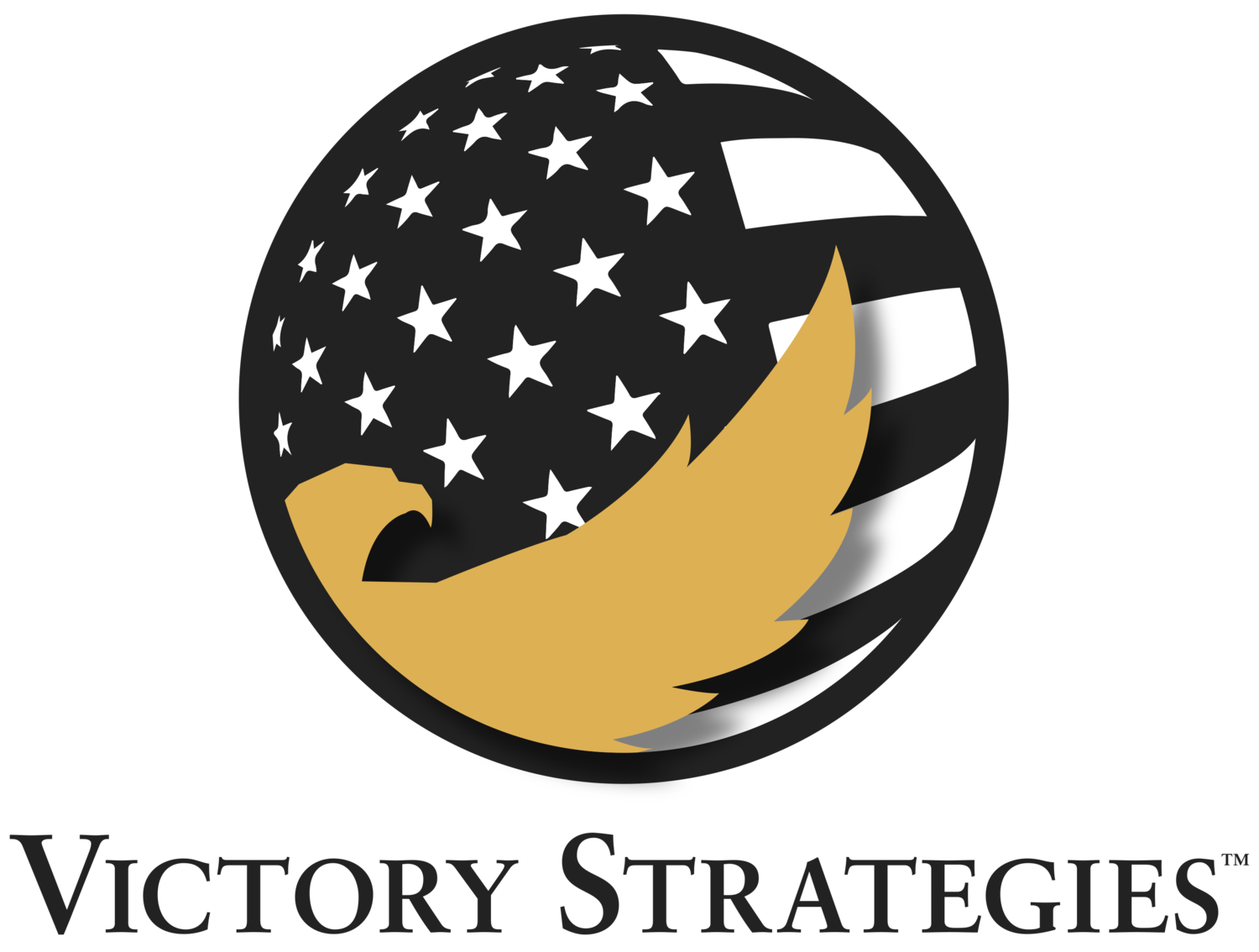When I was early in my leadership journey, I thought being an effective leader was about having all of the answers and knowing what to do when others didn’t. This may be the case in a time-limited crisis like close-quarters combat, but what about the other 99% of the time? I used to think that asking questions was indicative of incompetence or an unacceptable degree of ignorance. We’ve all had that experience where we wanted to ask a question but didn’t because we were afraid we’d look stupid. As I matured as a leader, I observed that a major component of leadership was asking great questions, which means asking the right questions at the right time.
One subset of people in leadership positions ask questions to which they already have the answers or know there is no way to know the answer. These inquisitors are either testing their subordinate or seeking to make themselves appear superior. They don’t ask questions to promote greater understanding, they seek to bolster themselves by tearing down the people around them. This creates an environment of fear and shame that harms organizations.
Another group of leaders are the ones who haven’t yet figured out the right questions to ask. They either ask questions from curiosity that serve no constructive purpose, or they haven’t yet figured out that the phrasing of the question drives the type of answer they receive. One of my first leadership lessons as a squadron commander was in handling a disciplinary case. I mistakenly asked my legal advisor if I could do something. The answer came back, no I could not do what I wanted. Frustrated, I went to my boss who listened to me patiently and explained that the question I ask will affect the answer I get. She then asked me how I might rephase the question to get a more helpful answer. Illuminated, I went back to my office and called back my legal counsel to ask how I could do what I wanted to do legally. The answer, as you might imagine, was very different. My legal teammate went became my partner in problem solving, helping me to achieve an outcome that met my intent. From that point forward I’ve been especially thoughtful about the questions I ask.
The final and best set of leaders who harness the power of questions to build up their teams and cultivate understanding. A well-phrased question allows an individual to consider aspects they may not have considered, which facilitates growth. Questions that make people think like the one my boss asked me all those years ago. A question that not only spoke to the problem at hand, but to any entire world of possibilities. If she had simply handed me the answer, she would have missed an opportunity to make me grow. The wise leader also is confident enough to ask the “stupid” questions, knowing that there are others who are wondering the same thing but lack the courage to ask. A leader who takes the time to read the room will know what questions need to be asked and when. There is no end to the people who will thank you, either out loud or silently, for asking the questions on their minds. Your leadership by example will encourage others to ask questions which will strengthen the psychological safety, the ability to learn, and ultimately the performance of your organization. If you want to be a great leader, what questions should you be asking?
Authored By: Jason Lamb, Managing Director

